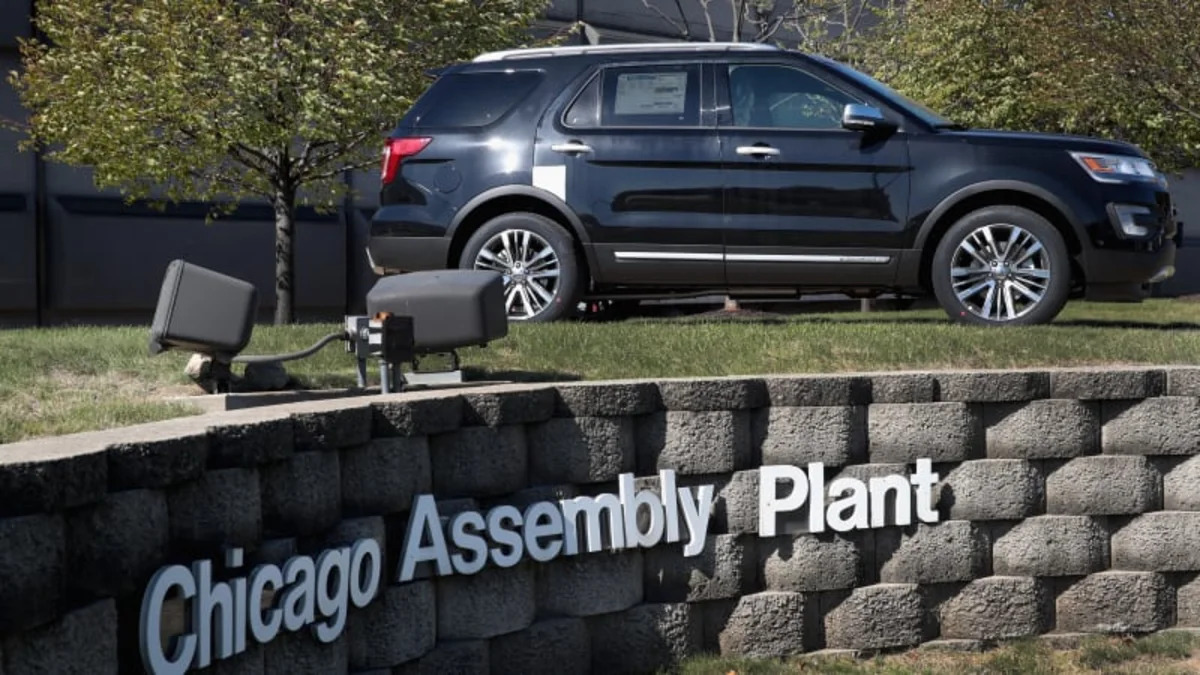The problems at Ford's two factories in Chicago aren't new: The federal Equal Employment Opportunity Commission in August reached a $10 million settlement with Ford for sexual and racial harassment; lawsuits filed in the '90s got Ford to agree to a $22 million settlement and a vow to crack down on the offenders. Independent monitors policed the plant floors for years.
Yet current and former employees say male workers would chant things like "Fresh meat!" when new female hires arrived for orientation, The New York Times reports today in a lengthy interactive piece. Supervisors traded better job assignments for sex. Men groped them, or called them racial slurs. Those who complained frequently said they faced retaliation from coworkers. The behaviors prompted one former employee to propose a new campaign: Instead of the #MeToo movement that has swept up offenders in Hollywood and on Capitol Hill, it was #WhatAboutUs for the blue collar workers largely ignored in the broader conversation about harassment.
"For all the good that was supposed to come out of what happened to us, it seems like Ford did nothing," said Sharon Dunn, who sued Ford two decades ago. "If I had that choice today, I wouldn't say a damn word."
For its part, Ford says it views the problems as episodic and not endemic, with an outbreak of harassment in the '90s and then another beginning in 2010 along with the arrival of a new wave of workers. The plants, which churn out the Explorer and Taurus vehicles, and parts, employee about 5,700, about a third of which are women.
In a statement sent to Autoblog, Ford said it employs several measures to prevent and address sexual harassment and discrimination in its workplaces, including required training for all new hires and offering employees a number of ways to report violations, including an 800 number and a mobile app. "Ford does not tolerate sexual harassment or discrimination. We take those claims very seriously and investigate them thoroughly," said Kelli Felker, Ford's manager of manufacturing and labor communications.
The Times said it based its story on interviews with more than 100 current and former employees of the Chicago Assembly Plant and Chicago Stamping Plant, industry experts and legal documents. You can read the whole thing here.
Related Video:


Sign in to post
Please sign in to leave a comment.
Continue